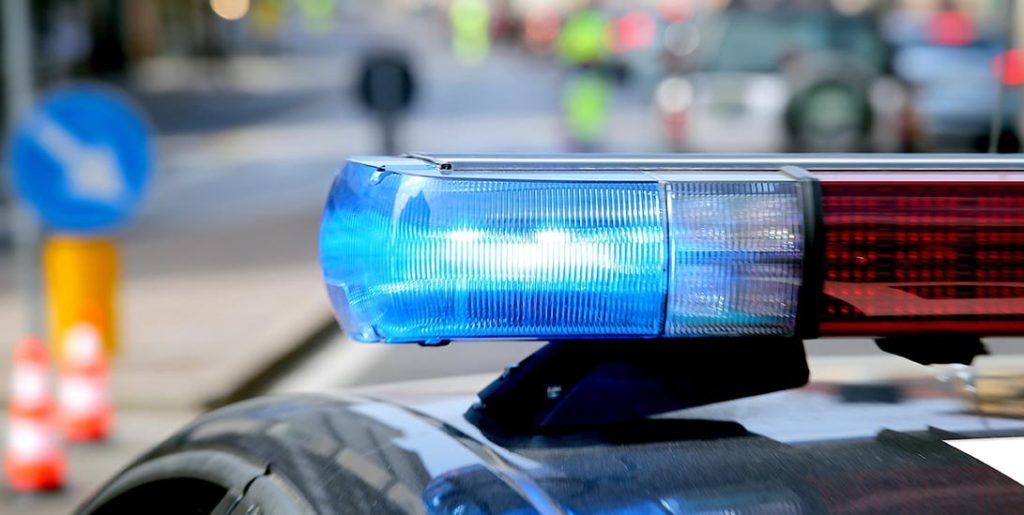Home » A Warrant Has Been Issued for Your Arrest: 3 Steps to Take Immediately
A Warrant Has Been Issued for Your Arrest: 3 Steps to Take Immediately

An arrest warrant is a warrant provided to a law enforcement official by a judge in a court of law granting that law enforcement official the right and duty to arrest a person of interest in connection with a crime.
In a court of law, a warrant of arrest is acquired by presenting a judge likely to arrest the suspect. If there is any relevant evidence that can be submitted to the judge when applying for an arrest warrant to speed up the process, it should be disclosed. That is why, before applying for an arrest warrant, many officers or prosecutors ensure that they have probable cause and at least two pieces of evidence to present to the judge.
Most commonly, arrest warrants are required when a crime is committed from a police officer’s perspective. If, in view of a police officer, a crime is committed then an arrest can be made without a warrant. If your arrest warrant is real, it’s better to turn yourself in than wait for the police to pick you up. The courts will think that if you turn yourself in, you’re a more responsible person. If you have a bail hearing, this may improve your chances of being allowed to return to the community.
1. Talk to a criminal lawyer
It can be very stressful to find out that there is an outstanding warrant for your arrest. An attorney can help you find out the warrant details. When you turn yourself in, a lawyer can tell you what might happen. If you are arrested and held in custody, a lawyer can help you plan what to do. A lawyer can also help you think of a release plan and a possible safeguard. When you turn yourself in, your lawyer may even be able to come to the police station with you.
2. Prepare to turn yourself in
The police may not allow you to leave after you turn yourself in. Prepare to be held in custody for a bail hearing before you go to the police station.
- Do not bring any personal property that you are unwilling to leave with the police to the police station. If you are not released immediately, your personal property will be held by the police until you receive bail, allowing someone to pick up your property.
- Don’t take your car with you. You might want somebody to give you a ride to the station. If you don’t bring your car, you won’t have to arrange to move it if you’re not released
- Write down family or friends’ telephone numbers that would be willing to be a guarantee for you. You may not get bail if you don’t have a security. A guarantor is someone who agrees to oversee you while you are on bail in the community. Your assurance is your responsibility.
3. Turn yourself in
Turning yourself in is better than waiting for the police to pick you up. The courts are more likely to think that if you turn yourself in, you are a responsible person. If you have a bail hearing, this may improve your chances of being allowed to return to the community.
Fighting for Your Legal Rights
If you or someone you love has been arrested for DUI, contact The Woods Law Firm to discuss your options and get a strong defense team today.
